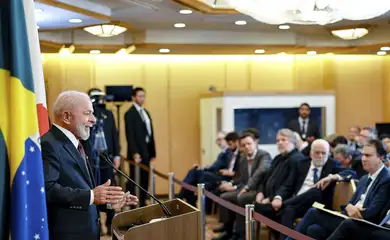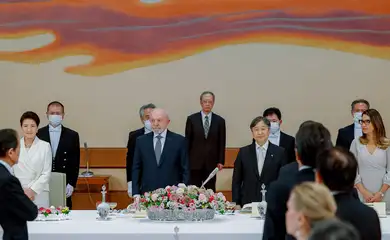Japan proposes measures to speed up trade opening for Brazilian meat

Japan’s Prime Minister, Shigeru Ishiba, has proposed measures to accelerate the opening of the Japanese market to Brazilian beef. This historic demand from Brazilian producers was a key topic during the meeting between Ishiba and President Luiz Inácio Lula da Silva, who is on a state visit to Tokyo.

The prime minister proposed establishing a group to monitor the sector and expressed readiness to send health experts to gather information, accelerating the next stages of market opening. One of the key objectives of Lula’s trip was to secure Japan’s political commitment to dispatch a technical mission to assess beef production conditions in Brazil.
Japan imports about 70 percent of the beef it consumes, totaling approximately $4 billion annually. Of this, 80 percent comes from the United States and Australia, Japan’s long-standing allies. In contrast, Brazil has been negotiating beef exports to Japan for over 20 years, with the latest protocol under discussion for the past five years.
In May 2024, Brazil was officially declared free of foot-and-mouth disease without the need for animal vaccination. This status paves the way for Brazil to export beef to countries like Japan and South Korea, which only accept beef from markets free of the disease without vaccination. However, the end of vaccination will require Brazilian states to implement stricter health control protocols.
The new health status is expected to be ratified in May this year during the World Organization for Animal Health (WOAH) General Assembly.
Meat is the fourth-largest export item for Brazil, following soybeans, crude oil, and iron ore.
Agenda
On Wednesday (Mar. 26), the president had the busiest day of his visit to Japan. One of his key engagements was participating in the Brazil-Japan Business Forum, where Lula urged Japanese investors to invest in Brazil and criticized the rise of climate denialism and trade protectionism. Additionally, the Brazilian Aeronautics Company Embraer announced a deal with ANA, Japan’s largest airline, for the purchase of 20 E-190 jets.





